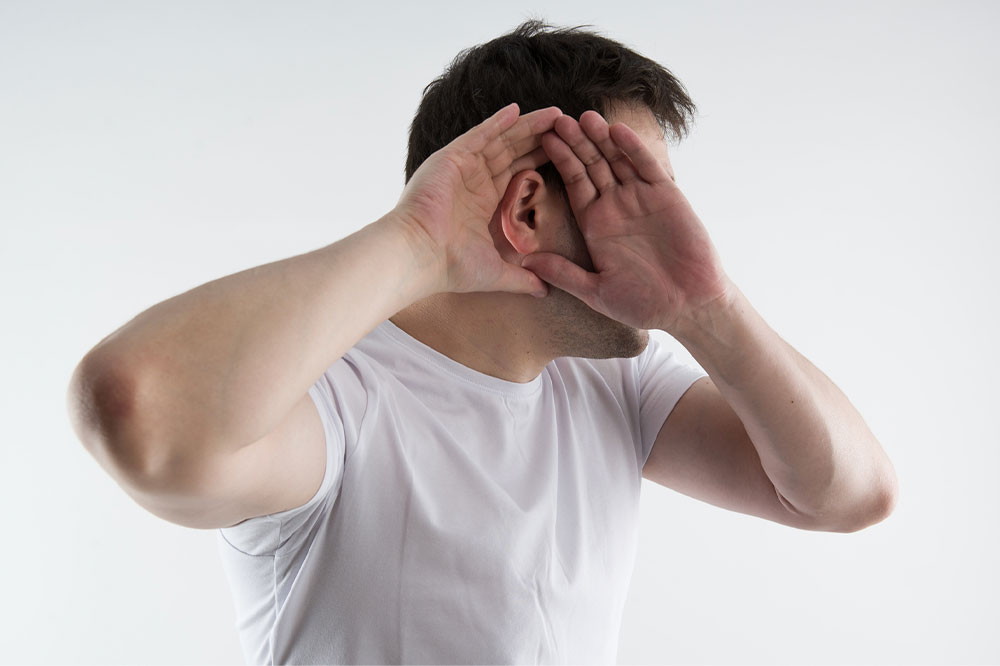
Signs, causes, and management of hearing loss due to high sugar
Diabetes, a chronic metabolic disorder, lowers the body’s ability to regulate blood sugar levels. Left untreated, it can damage various organs, including the kidneys, heart, eyes, and nerves. Furthermore, it can increase the risk of hearing loss. Studies show that people with diabetes are twice likely to develop hearing problems than others. This post discusses the common signs of hearing problems due to excessive sugar and how to manage them, besides other helpful information.
The link between high blood sugar and hearing loss
High blood sugar, also known as hyperglycemia, damages various organs and systems, reducing their efficiency. The nervous system is one area that is particularly affected. The body has an intricate network of nerves that transmit sound signals from the ear to the brain. When a person’s blood glucose levels rise, their blood vessels narrow, and the nerves do not receive sufficient blood. As a result, the signals traveling through the nerves between the ear and the brain are disrupted, making it hard to hear clearly.
Signs of hearing loss due to excess sugar
When high blood glucose triggered by diabetes or excess sugar consumption affects hearing, one may experience the following symptoms:
- Inability to hear conversations, particularly with louder or noisier surroundings
- Difficulty focusing on conversations in noisier rooms
- Asking people to repeat their statements or misinterpreting what they say
- Having to lipread people while conversing with them to understand what they say
- Discomfort due to aching ears
- Inability to hear common noises like doorbells or telephone rings
- Feeling like one’s ears are involuntarily ringing, buzzing, or hissing (also called tinnitus)
- Inability to balance on one’s feet
- Feeling dizzy
- Feeling tired of fatigued for putting in additional effort to hear others
- Frequently increasing the volume of the TV due to difficulty hearing clearly
Besides excessive sugar, these hearing problems could be triggered by other health conditions. Regardless of the cause, people struggling with hearing loss often try to avoid social situations, lowering their quality of life. So, it is best to visit a healthcare professional upon experiencing the symptoms and get a personalized treatment plan.
Risk factors for diabetes-related hearing loss
As mentioned earlier, research studies suggest that those with diabetes are twice likely to develop hearing issues than those who do not have the condition. But diabetes alone does not always contribute to hearing loss. The risk is higher in people who have diabetes along with complications like low good cholesterol (also known as high-density lipoprotein or HDL), peripheral neuropathy, and coronary heart disease.
Besides diabetes and excessive sugar consumption, hearing loss may result from prolonged exposure to loud noise, trauma or injury to the ear, viral or bacterial infections, and even a side effect of cancer treatment. Further, specific nutritional deficiencies like magnesium, zinc, iodine, iron, and vitamins A, B, C, D, and E can lead to hearing problems.
Diagnosis of hearing loss due to diabetes
If one has diabetes, regular hearing checks should be part of their healthcare routine. Here are some common diagnostic tests a professional conducts to assess hearing loss related to high blood sugar:
- Pure-tone test to measure one’s ability to hear different pitches and volumes
- Speech test to evaluate one’s understanding of spoken words at different volumes
- Middle ear muscle reflex (MEMR) test to check how one’s ear responds to loud sounds
- Tuning fork test to assesses one’s ability to hear sounds transmitted through vibrations
The results of these tests can help determine the presence and severity of hearing loss. Early diagnosis helps the expert develop treatment and management strategies tailored to one’s needs.
Treatment options and preventive measures
Hearing loss can be easily overcome with hearing aids, which are easy to use and readily available. Hearing aids are tiny devices worn behind the ear that enhance surrounding sounds. A doctor may also recommend surgery, a cochlear implant, or an auditory brainstem implant to stimulate the brain’s hearing capability.
In case of hearing loss due to high sugar levels, a healthcare professional may recommend strategies to control blood glucose and monitor it closely to avoid spikes. Some ways to manage diabetes and reduce the risk of hearing loss include:
- Eating balanced meals and cutting back on packaged and baked foods laden with processed sugar
- Engaging in physical activity to use up the energy in the body
- Avoiding exposure to places with loud noises, including clubs and concerts
- Getting checked for nutritional deficiencies